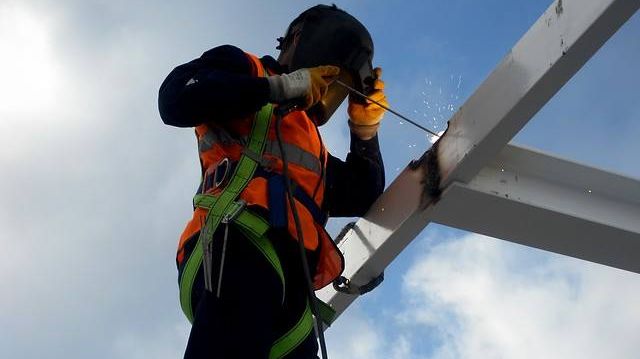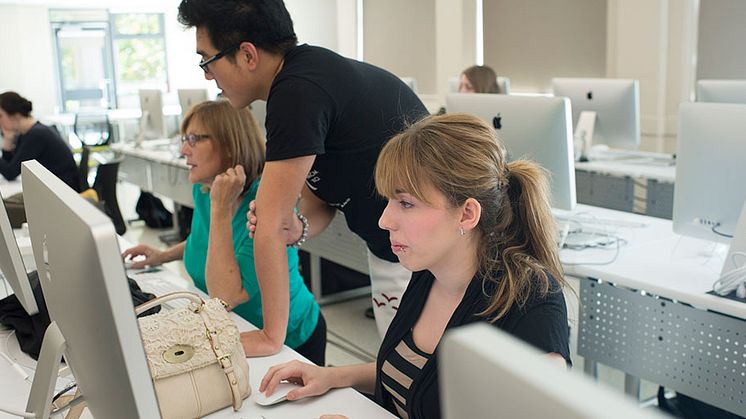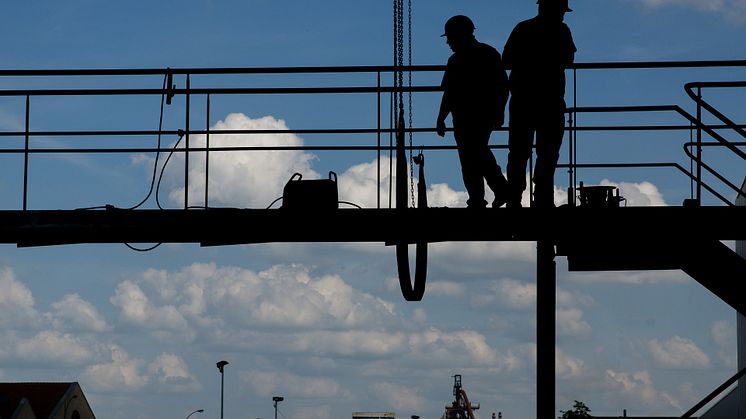
News -
EU-OSHA: Work-related accidents and injuries cost EU €476 billion a year according to new global estimates
At the XXI World Congress on Safety and Health at Work, held in Singapore on 3‑6 September, the European Agency for Safety and Health at Work (EU-OSHA) together with the International Labour Organization present new estimates of the cost of poor occupational safety and health (OSH). The new findings reveal that worldwide work-related injury and illness result in the loss of 3.9 % of GDP, at an annual cost of roughly €2 680 billion[1].
The estimates are findings from a major project on the costs and benefits of OSH. The project was carried out by the International Labour Organization (ILO), the Finnish Ministry of Social Affairs and Health, the Finnish Institute of Occupational Health (FIOH), the WSH Institute in Singapore, the International Commission on Occupational Health (ICOH) and EU-OSHA.
More information: EU-OHSA website
[1] For the conversion from USD to EUR the ECB reference exchange rate for 2016 was used.





